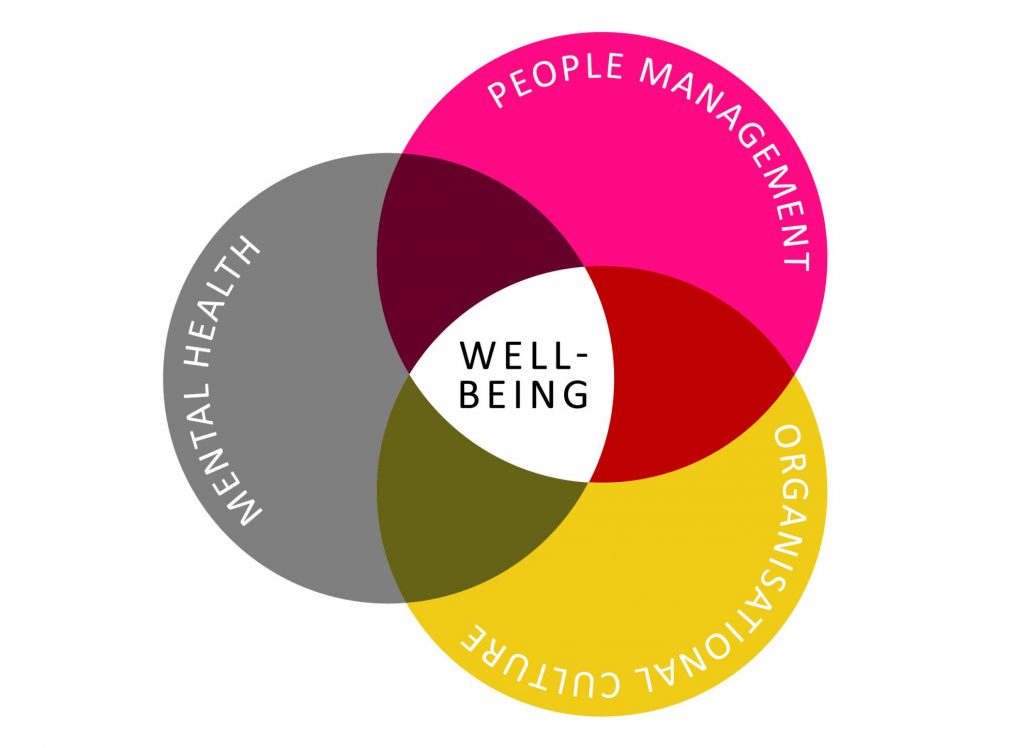The top 6 take-aways from our recent regional conversations about well-being
In September we published a call to participate in contextualised, cross-sector conversations as part of the CHS Alliance Initiative to Cultivate Caring and Compassionate Aid Organisations.
The series of discussions were facilitated in October, November and December 2020 by Hope Chigudu in Africa, by Uma Narayanan with CWS Asia in Asia, by Mary Ann Clements (lead facilitator) in Europe, and by Nurhaida Rahim in MENA. People from more than 80 organisations participated.
The aim of these conversations was threefold: to explore thinking about aid worker well-being in a variety of different contexts; to elevate conversations about well-being within organisations; and to co-create ideas about how the sector can improve aid worker well-being, feeding into the next phase of this Initiative. Judging from feedback received, we have achieved our aim.
Here are our top six take-aways:
- The framework developed in the January 2020 “Working Well?” report – which considers well-being at the intersection between mental health, people management and organisational culture – has “been embraced with much enthusiasm” and allowed for these issues to be “thought of as deeply connected rather than separate issues within organisations.”
- Experience varies according to context. In some contexts, the emphasis was more on terms and conditions and wanting to be treated fairly, while in others it was more on mental health support. It is clear that both of these things play a role in the experience of how we are treated in our work and that, culturally, some of these things feel more important in some contexts than others.
- A range of different needs emerged in the groups. For example, some are seeking support locally and want to know which additional resources are available in their contexts (e.g. therapy or mental health support). Different needs seem to be gender or age-related. Other gaps were identified in the realms of awareness, data and evidence, access to organisational success stories, and places and opportunities to gather and collaborate as peers.
- Some conclusions were universal. Regardless of location, there is a clear sense that the leadership role is key and when leaders are uninterested in or ambivalent about well-being it is impossible to shift culture in a meaningful way. In addition, there is a deep sense that donor support will be crucial to addressing gaps more effectively.
- The chance to exchange with peers interested in well-being in these conversations has helped participants feel less alone and have confidence “to speak up internally” within their own organisations. The sharing of ideas was seen as valuable in itself, as participants have taken their learning and new ideas back to their organisations to try out.
- Competing priorities often make well-being focussed conversations feel like a “nice to have” but non-essential. We need to centre the idea that well-being is not just a cultural issue but is critical to achieving effective, high quality work.

We are grateful to the facilitators and the participants who took time to connect and share in these conversations. In terms of next steps, the Facilitation Guide is being updated for potential use in further conversations. We are planning at least three more conversations at the country level. The ideas generated in these regional exchanges are being fed into the planning process for a Global Gathering to be held in May 2021.
